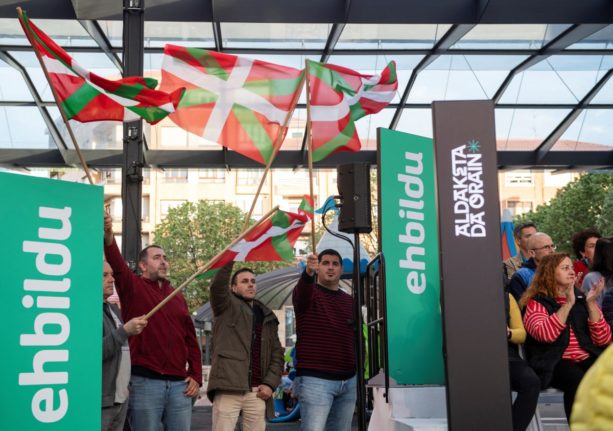Spain’s Minister for Foreign Affairs, José Manuel Albares, has stated publicly that Spain’s doors are open to Russian citizens fleeing the country.
Speaking on Monday, Albares said that Spain is “totally favourable” to Russian citizens who “share our values.”
Speaking against the backdrop of mass protests in Russia against Putin’s mobilisation of thousands that has caused a mass exodus to the border, Albares reaffirmed that Spain is “aware that there are many people who do not want this war,” and that “Europe has nothing against Russian citizens.”
After the European Union suspended the visa agreement signed with Moscow at the beginning of September, he was keen to make clear that this did not mean Spain was closed to Russians fleeing Putin’s regime. “The decision was made not to block completely… [for] people who are opposing the war, the members of NGOs, the defenders of human rights, the journalists who are risking their lives…”
READ ALSO: Spain sends 200 tonnes of military material to Ukraine
In light of the visa suspension, Spain will return to a system of individual interviews on a case-by-case basis.
“It’s not that there is suddenly an avalanche of Russian citizens and we don’t know who is entering,” Albares said, quelling security fears, “that’s why it’s going to be analysed on a case-by-case basis.
“Those who speak our language, those who reach out to us, those who share our values have to have a place among us,” he added.
As for the illegal referendums the Russians are attempting to undertake in annexed territories, Albares aligned himself with his European colleagues and claimed that the results would not be recognised by Spain or any other EU member state.
He also confirmed that a new set of economic sanctions is being put together in Brussels, and that “there is no real indication” Putin is considering the use of nuclear weapons or will stray from conventional war methods.
Spaniards should, he added, not be “distressed” about this possibility.





 Please whitelist us to continue reading.
Please whitelist us to continue reading.
200 tonnes eh! That should last about 5 mins
200 tonnes eh! That should keep them going fir what? 5 mins.!!!